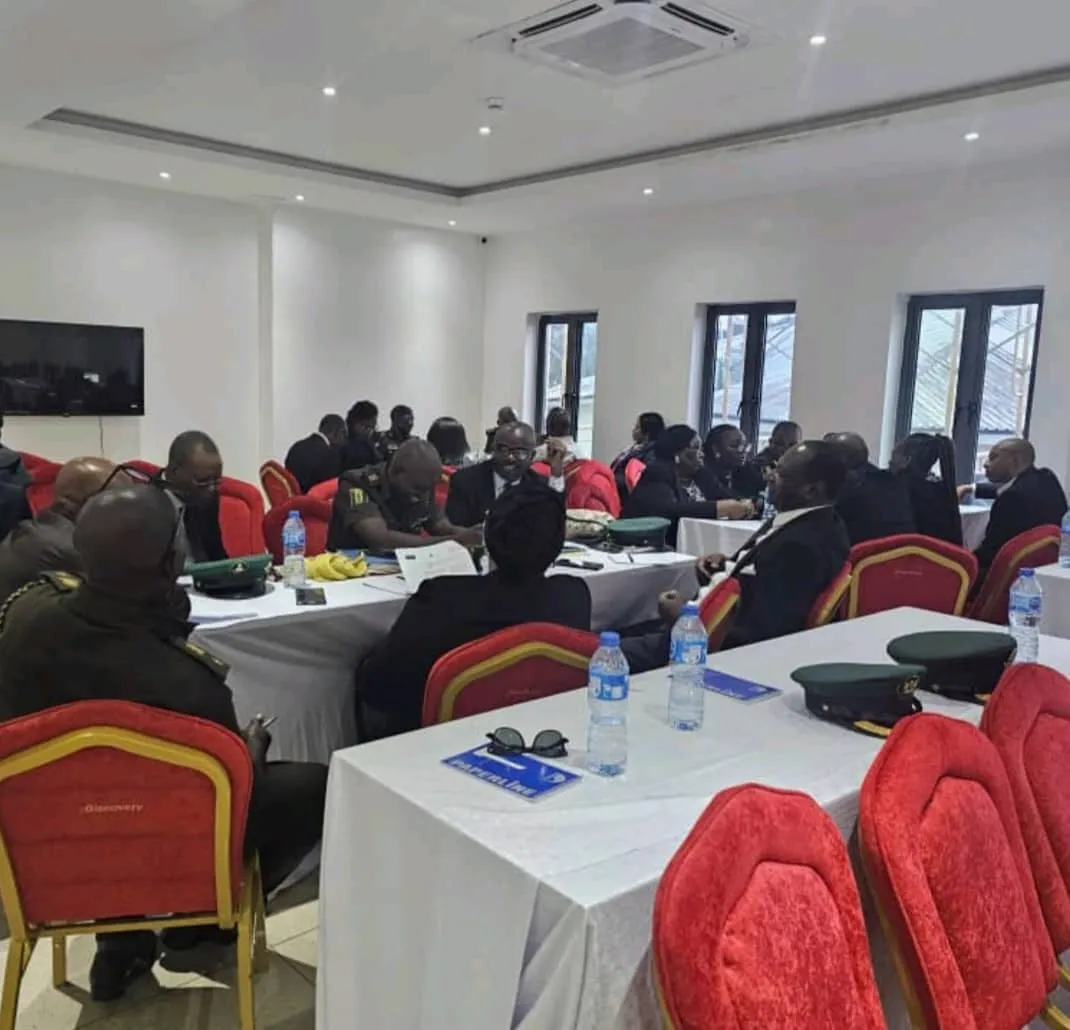Deepening the restorative justice process in Edo State, Nigeria

At the core of our work in Nigeria is strengthening our criminal justice systems and improving alternative ways of seeking redress, with the aim of improving justice delivery and reducing prison overcrowding.
One of the standout achievements of Rule of Law and Anti-Corruption (RoLAC) Programme in the past was the development of a Restorative Justice Policy for Edo State. This policy led to the issuance of a Restorative Justice Practice Direction by the Chief Judge of Edo State, Honourable Justice Joe Itsebaga Acha, on October 4, 2022. These foundational documents outline the objectives and procedures for implementing restorative justice in the state, marking a significant step towards a more rehabilitative and reconciliatory justice system.
Building on the Restorative Justice Policy, the RoLAC programme supported a sensitisation campaign to educate justice stakeholders about restorative justice processes. This led to the practical application of restorative justice by the Edo State Command of the Nigeria Correctional Service, guided by Section 43 of the Nigerian Correctional Service Act 2019. The service initiated the practical application of restorative justice, which involved appointing a dedicated restorative justice officer and conducting mediation sessions between offenders and victims. These efforts have been fruitful, resulting in the court-ordered discharge of 50 victims from 2022 to date.
The RoLAC programme's commitment to the restorative justice process in Edo State is unwavering. The organization is dedicated to deepening the understanding and implementation of restorative justice. By increasing awareness among critical justice stakeholders, the programme seeks to establish robust mechanisms for implementing restorative justice. This approach fosters a more humane and effective justice system that prioritizes reconciliation and rehabilitation over punishment.




